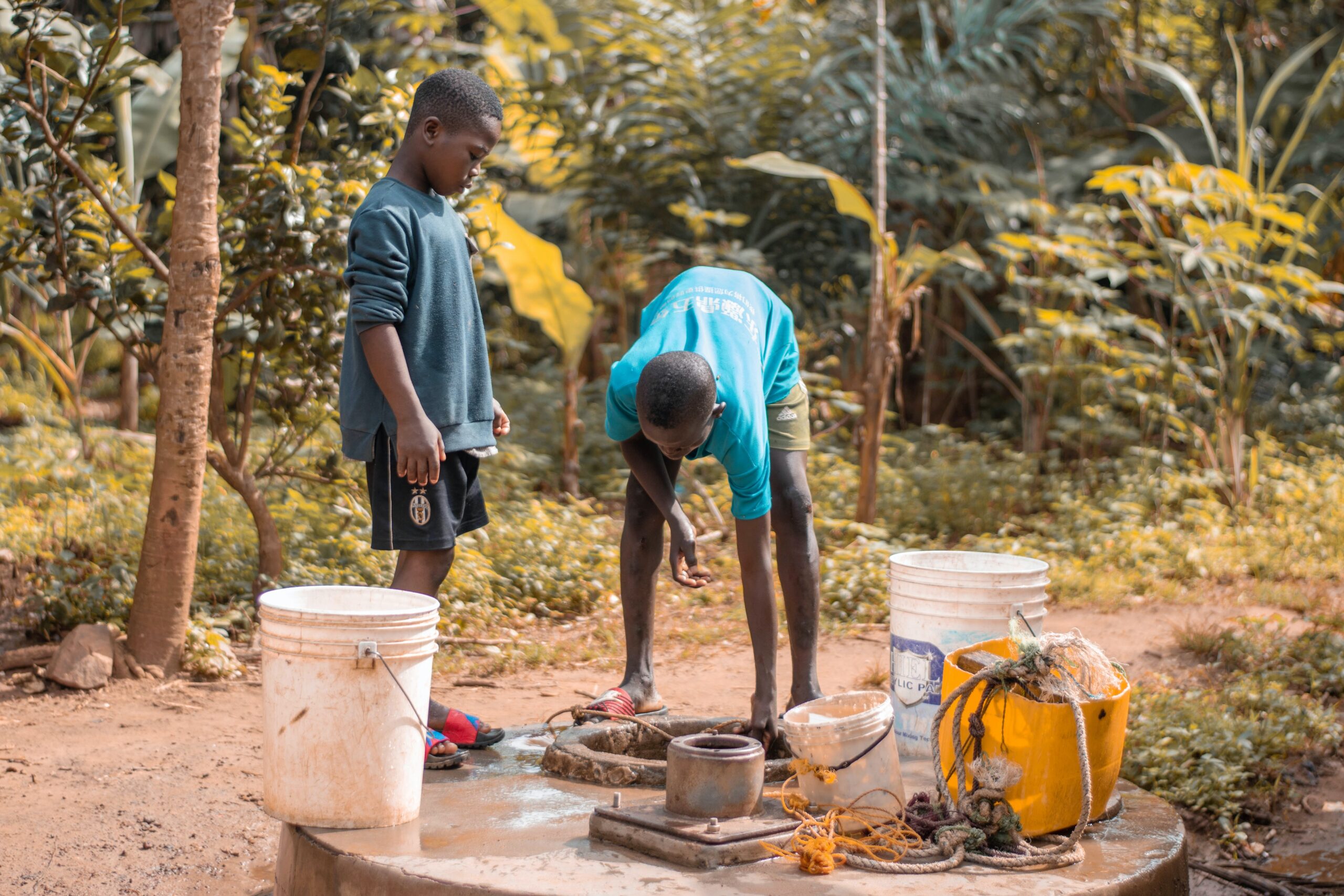Groundbreaking Workshop on AI and Technology-Facilitated Gender-Based Violence at AWiM24
Trending
Tuesday June 3, 2025
Trending

Leokadia Komba is a 33-year-old woman, who has three children struggling to return to her marriage after being chased by her spouse due to water shortage.
“Every year women suffer due to shortage of water resulting from climatic change since wells dry up,” she said.
“Climate change denied women rights in the village and caused them to be separated from their families as they travelled several kilometres looking for water,” she said.
Since pipes had dried up in some parts of Mwanza she decided to look for water.
“I rode a bike for two hours with two women who were my neighbours but when we arrived at the queue it was too long thus we spent several hours at the water point,” she said.
She added: “The water kiosk attendants made an announcement at around midday that they were shutting down for the day before we could fill our buckets, I was shocked and raised my empty buckets of water and went back home.”
“I returned home after twelve hours with an empty bucket and found my husband angry, he thought I had gone to cheat,” she said adding that her husband hit her and sent her away.
She reported the issue to the local government offices but not much has yielded fruit and now blames climate change for her relationship woes.
Historically, climate change scientists, researchers and policymakers have struggled with how to make the vital connections between gender, social equity, and climate change. As more and more data and research reveal their clear correlation, it’s time to talk about the disparate impacts of climate change and the linkages between women’s empowerment and effective, global climate action. Women, gender equality and climate change the threat of climate change, manifested in the increase of extreme weather conditions such as droughts, storms or floods, has been recognized as a global priority issue.
Gender inequality coupled with the climate crisis is one of the greatest challenges of our time and families. It poses threats to ways of life, livelihoods, health, safety and security for women and girls around the world
When disasters strike, women are less likely to survive and more likely to be injured due to long-standing gender inequalities that have created disparities in information, mobility, decision-making, and access to resources and training. In the aftermath, women and girls are less able to access relief and assistance, further threatening their livelihoods.
Across the world, women depend more on, yet have less access to, natural resources. In many regions, women bear a disproportionate responsibility for securing food, and water, for their families. This puts added pressure on girls, who often have to leave school to help their mothers manage the increased burden.
A local leader from Ntende village Ally Ally acknowledges the existence of marital disputes owing to climate change in his locality.
“Every year women are suffering due to shortage of water since all wells dried up,” she said.
An advocate from the University of Dodoma School of Law Nicodemus Kusenha explains how women can defend and fight for their rights amidst climate change: “It is through going directly to the body of law by cooperating with a lawyer to help. There are articles of laws including marriage Law of 1979 protecting women rights,” the advocate said.
Lina Kabura, a sociologist from Saint Augustine University of Tanzania pointed out that for the purpose of harmony, chores should not be gender specific.
“Parents must observe, understand and consider gender equality when assigning home activities including decision-making,” she said.
`This article is part of the African Women in Media (AWIM) Graduate Trainee Programme in collaboration with Fojo Media Institute
We’re not gonna spam. We’ll try at least.

Copyright 2020. African Women In Media
Copyright 2020. African Women In Media
Recent Comments